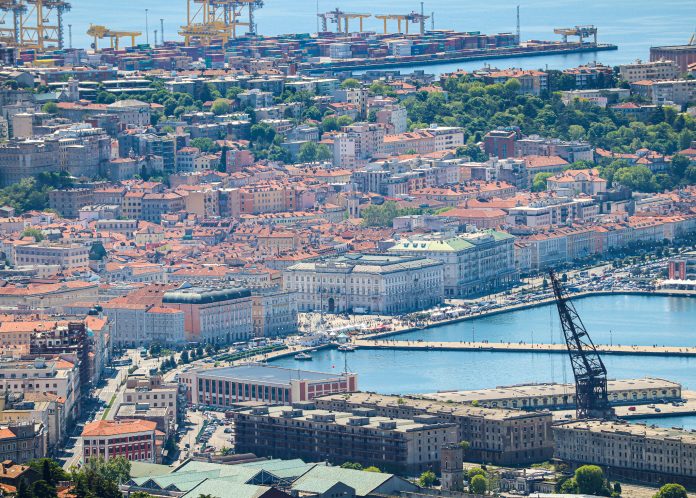by InTrieste
In a sweeping move to address housing, infrastructure, and sustainability, Friuli Venezia Giulia has approved a 2025 Stability Law that allocates €638 million to a range of public initiatives. The legislation, which promises significant reforms, includes new housing policies set to reshape the region’s housing system, with an emphasis on affordability, innovation, and sustainability.
“We have chosen to focus a significant portion of resources—approximately €58 million—on the new housing system bill and related policies,” announced Cristina Amirante, the Regional Councilor for Infrastructure and Territory, during a press briefing. The reform, she emphasized, will update a 2016 housing law to expand access to affordable housing and modernize the management of the region’s housing stock.
Investments in Housing, Photovoltaics, and Early Childhood
The new policies include a groundbreaking approach to housing, with €70 million earmarked for incentivizing private photovoltaic system installations and €25 million for social housing and early childhood development programs. Amirante described these measures as pillars of a comprehensive vision designed to address all aspects of housing, from social housing to innovative solutions tailored to a diverse population.
“Our aim is to address the needs of the regional population, lowering market access costs while supporting those in the ‘gray zones’—those who earn too much to qualify for subsidized housing but too little to afford regular market rates,” she said.
The reform places a renewed emphasis on ATER, the Regional Housing Authorities, which will play a central role in managing and expanding the region’s housing stock. The initiative also includes new support tools for private individuals purchasing or renovating homes for use as primary residences and rental assistance for families and workers relocating to the region.
Public Transport, Roadways, and Urban Regeneration
The Stability Law allocates €240 million to local public transport, confirming existing discounts for students, families, and seniors, while €118 million will go toward improving regional roadways. Significant funds will also support urban regeneration, school construction, and infrastructure maintenance.
“We’re investing more than €6 million in extraordinary maintenance for 2025, alongside over €57 million for regular upkeep and operational costs managed by FVG Strade and regional entities,” Amirante explained. Among the key projects is the consolidation of the Meduna Bridge in Pordenone, which will receive an additional €23 million.
A Vision for Sustainability and Attractiveness
One of the most notable investments is the €70 million allocated to private photovoltaic installations, a program that has seen strong public interest. These funds will help sustain applications for incentives through the summer of 2025, advancing the region’s renewable energy goals.
Amirante described the broader vision as part of a strategy to make Friuli Venezia Giulia more attractive to workers and families. “This is about creating a welfare system that draws people to our region by improving housing, transportation, and quality of life.”
A Model for Regional Governance
Under the leadership of Governor Massimiliano Fedriga, the Stability Law reflects a bold commitment to regional growth and sustainability. By prioritizing housing reforms and infrastructure investments, Friuli Venezia Giulia is positioning itself as a model for balancing economic development with social responsibility.





























